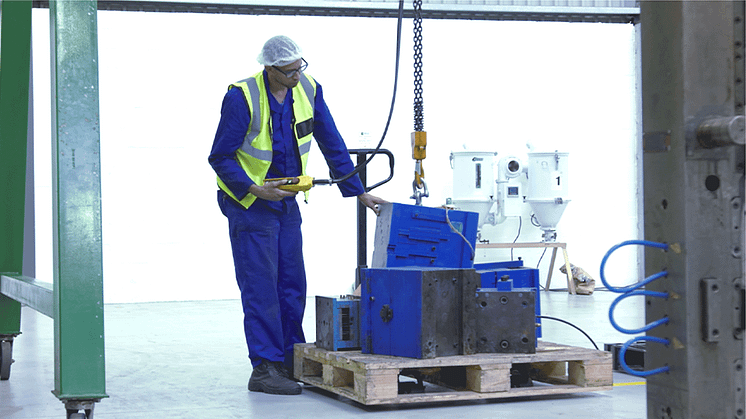
Press release -
FGK Literature Review Highlights Critical Link Between Indoor Air Quality and Productivity, Concentration, and Health in Schools and Workspaces
The latest literature review by FGK (Fachverband Gebäude-Klima e.V.) has revealed compelling evidence on the significant impact of indoor air quality (IAQ) on productivity, concentration, and overall health in educational and professional environments. The review consolidates findings from multiple scientific studies, emphasising the vital role of effective ventilation systems in maintaining optimal IAQ and, consequently, enhancing the well-being and performance of students and employees alike.
As schools and workplaces increasingly prioritise health and efficiency, the FGK review provides crucial insights into the tangible benefits of improving indoor air quality. The findings demonstrate that poor IAQ, characterised by high levels of CO₂, pollutants, and inadequate humidity control, directly correlates with diminished cognitive function, lower productivity, and increased absenteeism due to health-related issues.
Key Findings from the FGK Literature Review:
- Productivity and Cognitive Function: Studies reviewed by FGK indicate that enhanced IAQ, through proper ventilation, leads to a significant boost in cognitive performance and productivity. In environments with optimal air quality, individuals demonstrated improved decision-making abilities, faster task completion times, and greater overall work efficiency.
- Concentration Levels: The review highlights a direct relationship between IAQ and concentration levels, particularly in learning environments. Students in well-ventilated classrooms showed better focus, higher test scores, and greater engagement in academic activities. These findings suggest that investment in high-quality ventilation systems can lead to measurable improvements in educational outcomes.
- Health Impacts: Poor IAQ is linked to a range of health issues, including respiratory problems, headaches, fatigue, and allergies. The FGK review underscores that maintaining good IAQ through proper ventilation reduces the incidence of these health issues, leading to lower absenteeism rates and fostering a healthier, more productive environment.
- Economic Implications: The review also touches on the economic benefits of investing in effective ventilation systems. By improving IAQ, organisations can reduce healthcare costs, decrease sick days, and enhance overall productivity, leading to substantial long-term savings.
The Importance of Ventilation Systems:
The FGK literature review makes it clear that ventilation systems are not just an infrastructural necessity but a cornerstone of a healthy and productive indoor environment. As such, FGK advocates for the integration of state-of-the-art ventilation solutions in both existing and new buildings, particularly in schools and workplaces where the health and productivity of occupants are paramount.
“Ventilation is no longer a secondary consideration—it is a critical component of indoor environmental quality that directly affects how we learn and work,” said Heather Wolfenden, Strategic Development Manager at Lindab. “The FGK literature review shows that by prioritising IAQ, we can create spaces that support better health, enhanced learning outcomes, and improved work performance. This is not just about comfort; it's about building environments that empower people to thrive.”
Lindab calls on educational institutions, businesses, and policymakers to prioritise the implementation of advanced ventilation systems in their facilities. By doing so, they can ensure a healthier, more productive future for students and employees.
For more recommendations on improving indoor air quality, please visit lindab.co.uk
About FGK:
Fachverband Gebäude-Klima e.V. (FGK) is a leading association dedicated to the advancement of climate control and ventilation technologies in building systems. Through research, advocacy, and education, FGK works to promote healthy, energy-efficient, and sustainable indoor environments.
This press release provides a comprehensive overview of the key findings from FGK’s literature review, emphasising the critical role of ventilation systems in enhancing indoor air quality (IAQ), productivity, and health in educational and professional settings.
Related links
Topics
Categories
Regions
Lindab develops, manufactures, markets and distributes products and system solutions for simplified construction and better indoor climate. The products are characterised by high quality, ease of assembly, energy and environmental thinking and come with a high level of service and support for increased customer value.







